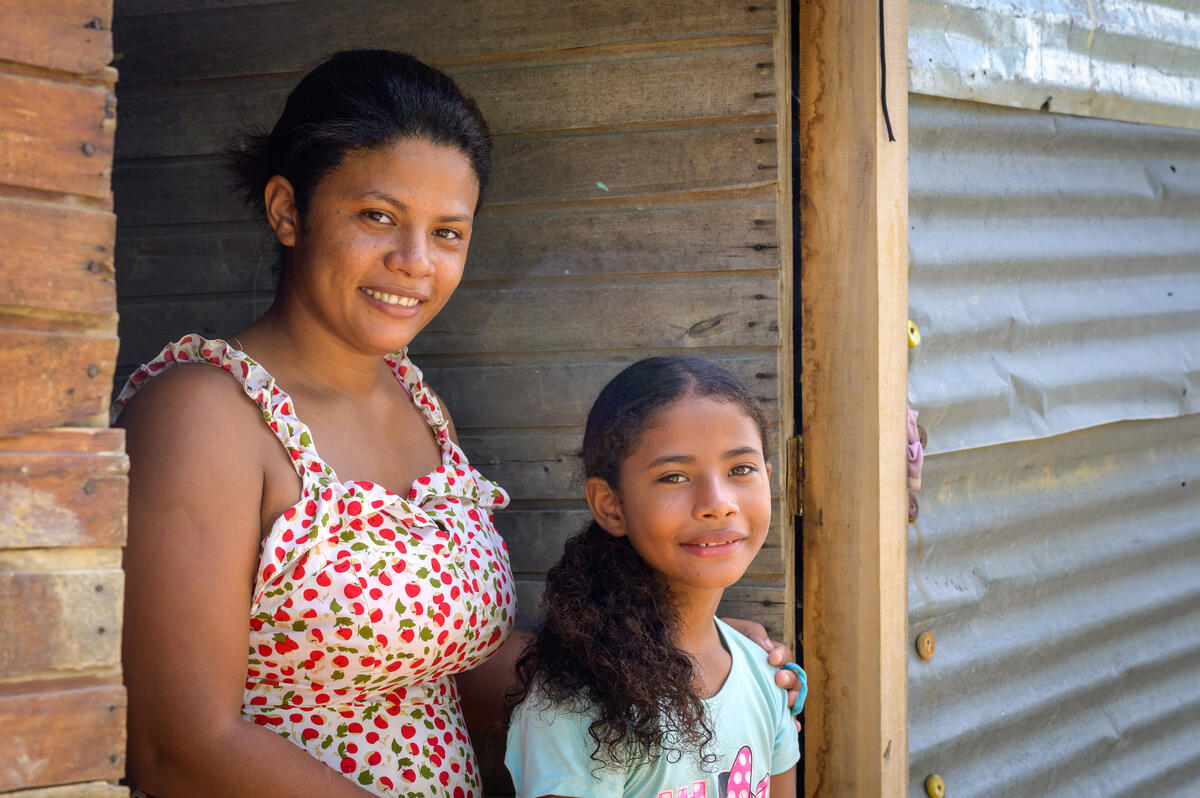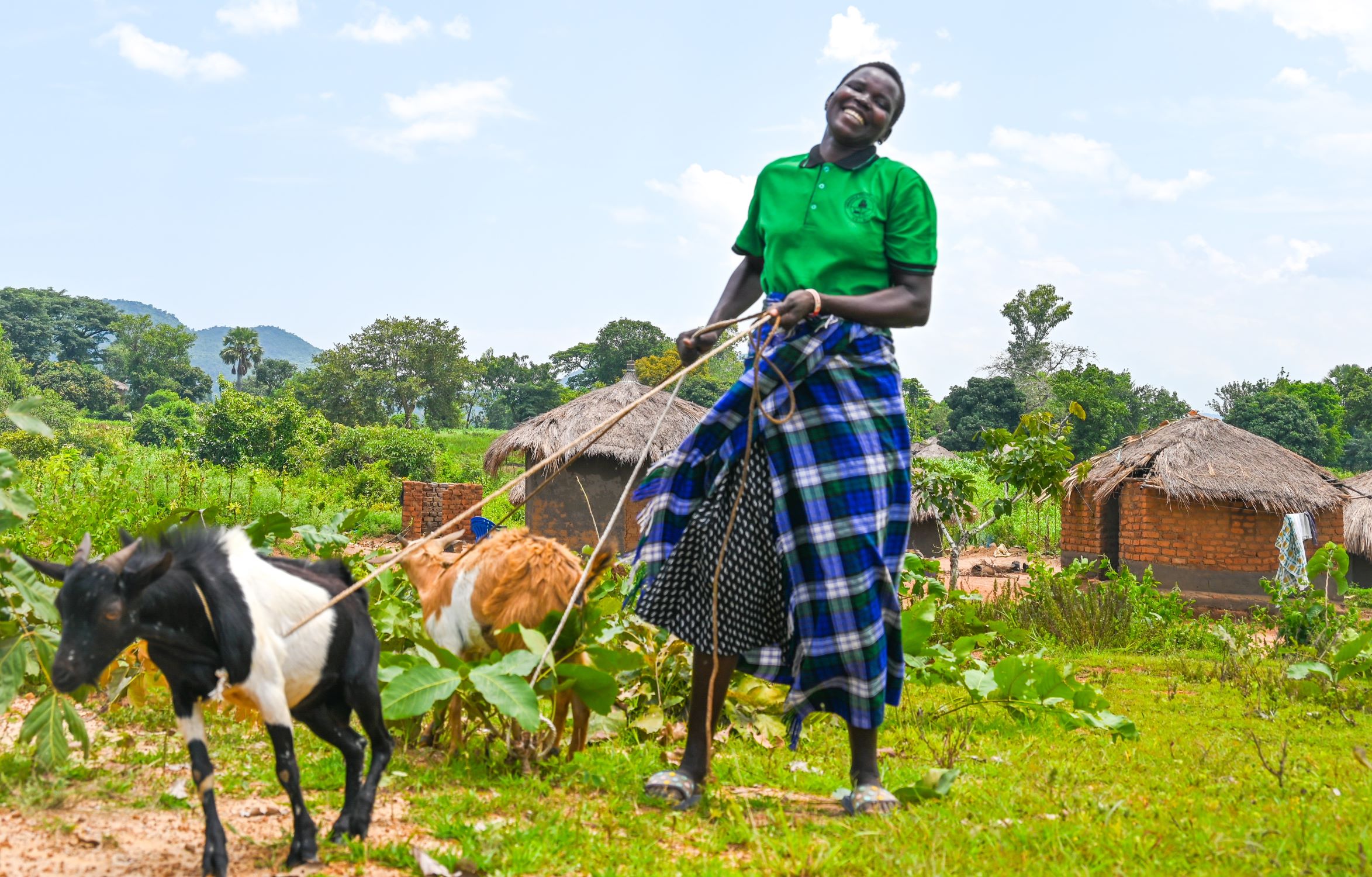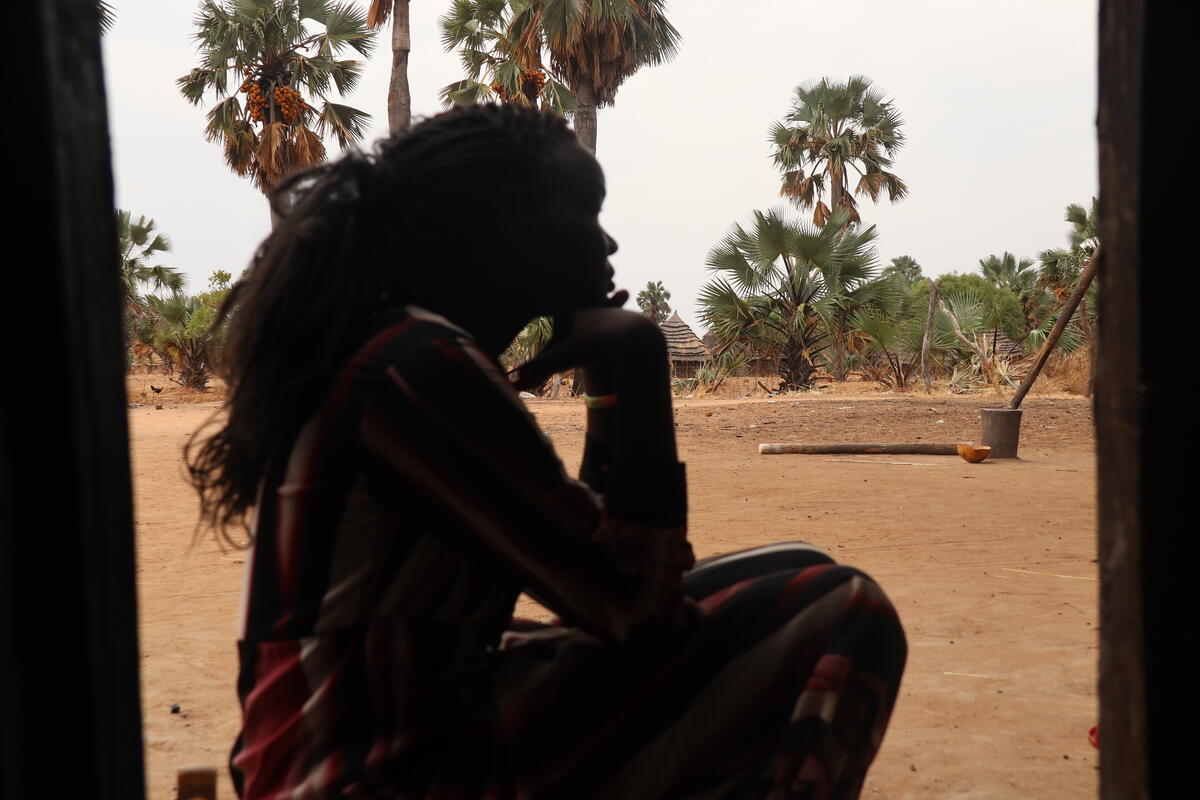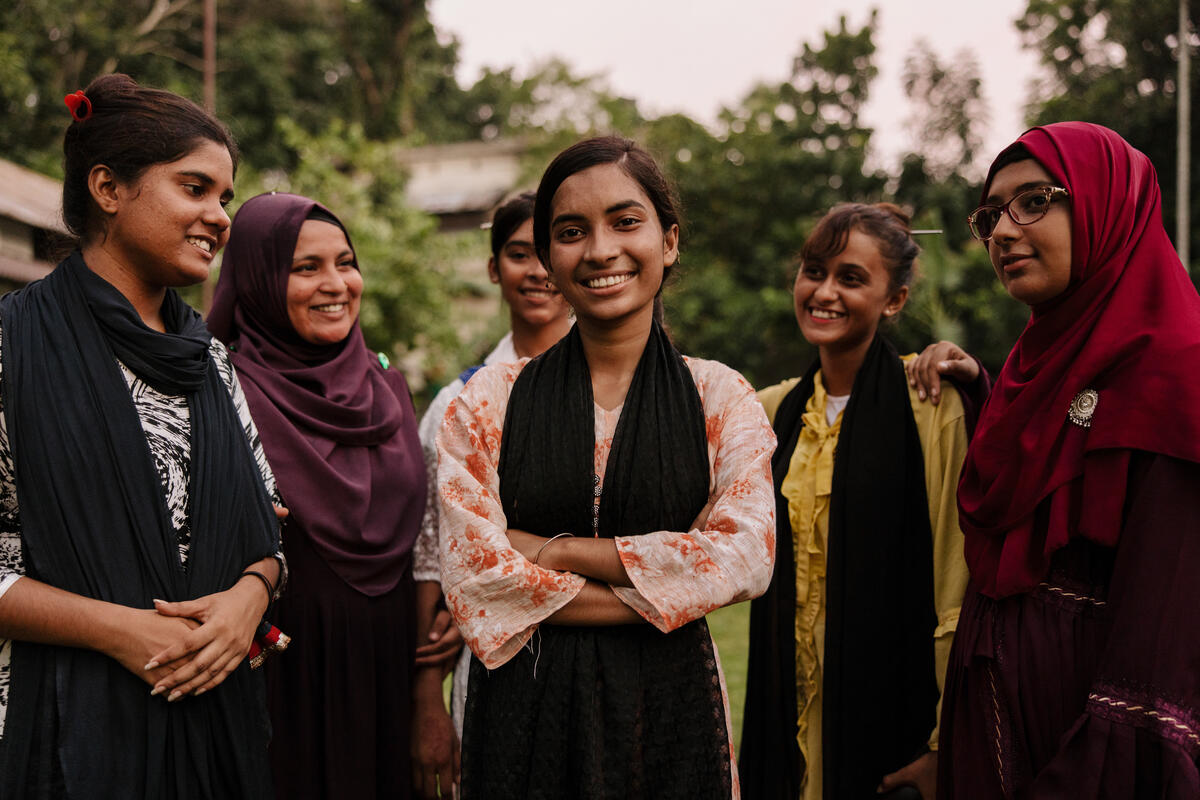
The progress towards women’s rights in 2024
Why the 'Fight For Her Rights' needs to continue
Women's rights have been the focal point of debates and conversations for centuries. Yet, despite this, they’re still a huge topic in modern times, with progress towards gender parity and true equality monitored in all areas of life.
Whether it’s differentiating pay in the workplace, a lack of females in senior roles and politics or something as simple as a girl's right to education, there are still huge disparities occurring that affect women and girls daily.
In this study, we explore the data on women’s rights in 2024, celebrating the progress in gender equality whilst highlighting the work that’s still needed.
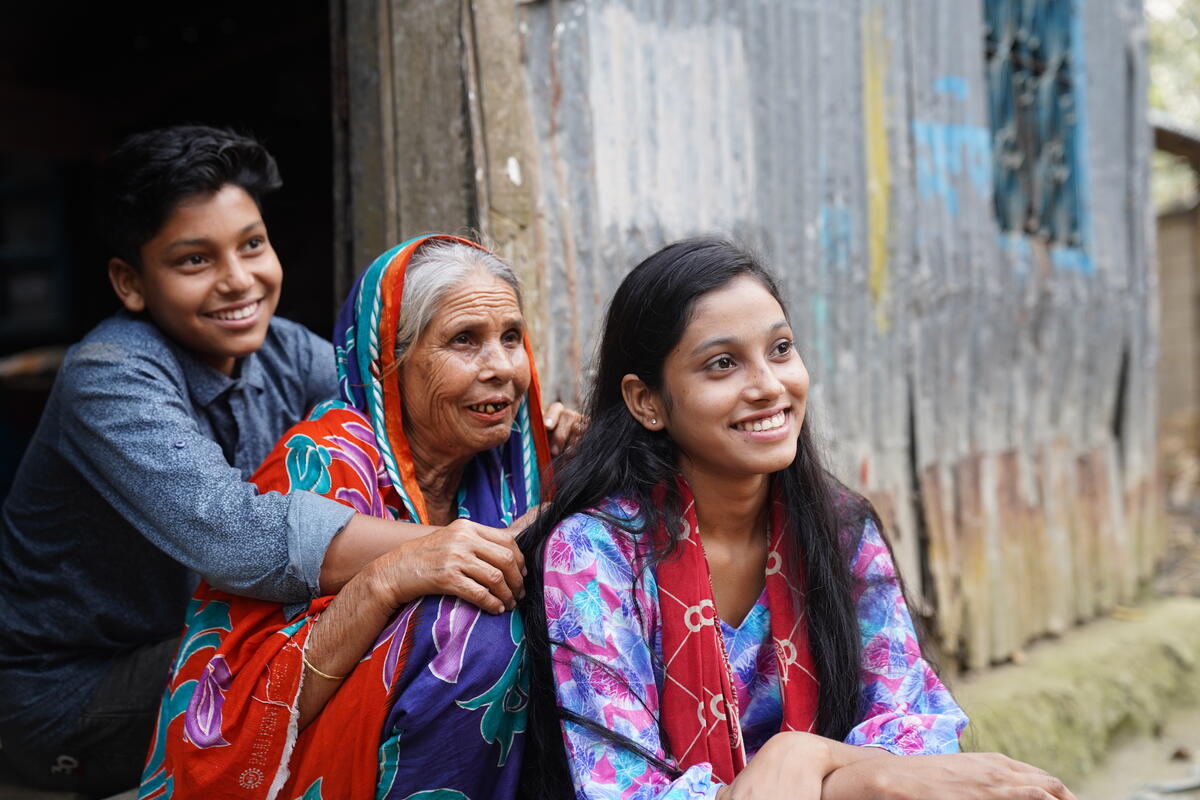
Women’s rights and relationships
“On the day when it will be possible for a woman to love not in her weakness but in strength, not to escape herself but to find herself, not to abase herself but to assert herself – on that day love will become for her, as for man, a source of life and not of mortal danger.” – Simone de Beauvoir, French philosopher and writer.
The progress towards women’s rights, in particular regarding child marriage, has seen improvement but still faces significant challenges. Today, every three seconds, a girl somewhere in the world gets married. And globally, one in five women were married before their 18th birthday.
This issue is especially prevalent in African countries, where a large percentage of women are married before they turn 18, and many even before they reach 15. Although there has been a decrease in child marriage rates over the past decade – 22% to 19% - progress is still need in many countries.
However, this year alone, we’ve seen Sierra Leone criminalise the act of marrying a girl under 18 in a landmark move, so there are signs that policies continue to move in the right direction. In the meantime, providing support to the girls in the most at-risk areas is essential to keep them out of child marriage.

Women’s rights and education
“When women are educated, their countries become stronger and more prosperous.” – Michelle Obama, Former First Lady of the United States.
As a children’s charity, we’re focused on improving access to education for all, an area where we can see girls being let down from a young age. Currently, 119 million girls around the world are out of school. Those are 119 million girls who deserve to be educated.
Achieving gender parity is a crucial challenge, as boys are consistently provided opportunities that girls are not. Only 49% of countries have reached gender parity at the primary education level. This disparity widens as the education system progresses, with 42% of countries providing lower education to the same number of boys and girls and shockingly only 24% in upper secondary education.
READ MORE: International Day of the Girl
Women’s rights and technology
“I think it’s very important to get more women into computing.” – Karen Spärck Jones, British Computer Scientist.
For people in many countries where we work, access to the internet is a privilege, not a right. It might be hard to imagine not having a phone in your hand or a computer in your home, but it’s a reality for many, especially girls.
Men are 21% more likely to be online than women, rising to 52% in low income countries. In these lower-income countries, 90% of adolescent girls (aged 15-24) are offline, compared to 78% of boys.
Being offline doesn’t just mean not being able to access social media or stream your favourite shows – it means you lack access to education, are unable to find out more about valuable services and can’t make your voice heard on the world’s biggest platforms. A lack of access to technology exacerbates all other issues, which is especially harmful for young girls.
Even when women do get online, they’re less likely to make an impact, with men 29% more likely to post comments on political, social and economic issues, controlling the narrative.
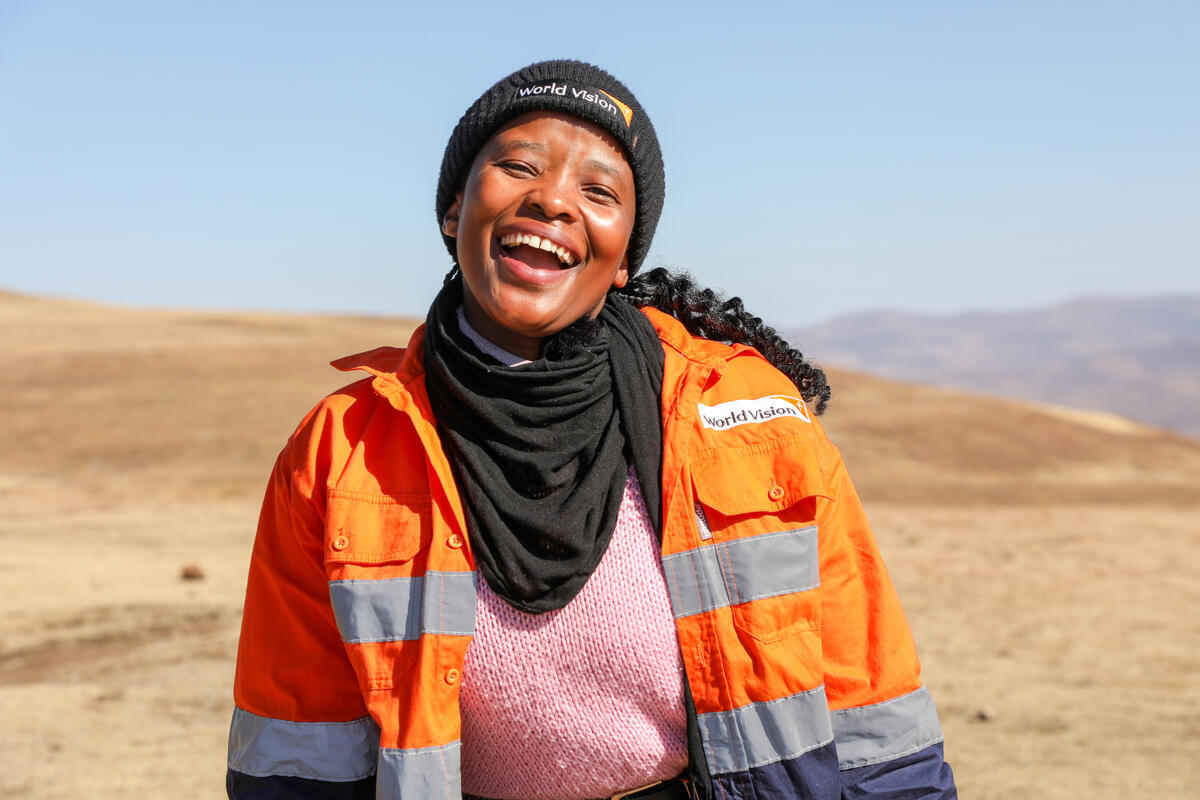
Women’s rights and the workplace
“It doesn’t matter what your background is or where you come from, if you have dreams and goals, that’s all that matters.” – Serena Williams, Tennis Champion.
A gender divide often discussed is that of women in the workplace. Disparities in pay and progression are a common issue in many modern companies. Although significant progress has been made towards women’s working rights, there is a long way to go – especially around pay. It is said that if progress towards gender equality at work continues at its historical rate, an 18-year-old woman starting work today will not see pay equality in her working lifetime.
In the UK, a country often considered to be progressive in terms of rights, median pay for women was 14.3% less than men in April 2023. This number has fallen over the past 30 years, but not dramatically.
The disparity in the workplace does not end at pay. Women’s rights data show that worldwide, only 17.9% of top managerial positions are held by women. When women aren’t in these positions, they aren’t able to effect change, they aren’t able to tackle inequality and they aren’t able to act as role models to the younger generations.
Women’s rights and politics
“Women belong in all places where decisions are being made. It shouldn’t be that women are the exception.” — Ruth Bader Ginsburg, Former Associate Justice of the Supreme Court of the United States.
Politics is an area where the women’s rights movement is exceptionally passionate, but many will be surprised to know that equal rights for women to vote were won less than 100 years ago in the UK. Today, there are more females in politics than ever before, demonstrating to all girls that their voices matter and that they, too, can effect change.
Denmark stands out as the most politically empowering country for women, while many other nations lag significantly, with some having made little to no progress. Unfortunately, Afghanistan has even regressed in the past 100 years.
A century ago, 88% of countries had no women in parliament; today, that number has dropped to less than 1%. Despite this progress, women still hold only 25% of parliamentary seats globally, despite amounting to half of the global population.
That said, positive milestones are being reached. Rwanda made history in 2008 as the first country to have a majority of women in its parliament. These changes reflect the strides made but also demonstrate the journey still ahead in achieving gender parity in political representation.
Looking at the facts about women’s rights in 2024 can be eye-opening. Although significant progress is still being made, there is plenty more ground to cover. In all areas - from education to politics - women’s rights facts highlight gender-based discrimination for girls of all ages.
At World Vision, your support allows us to work with children in the world’s hardest places. By sponsoring a girl, you’re helping us work with families and communities to advocate for their rights and protect them from harm.

